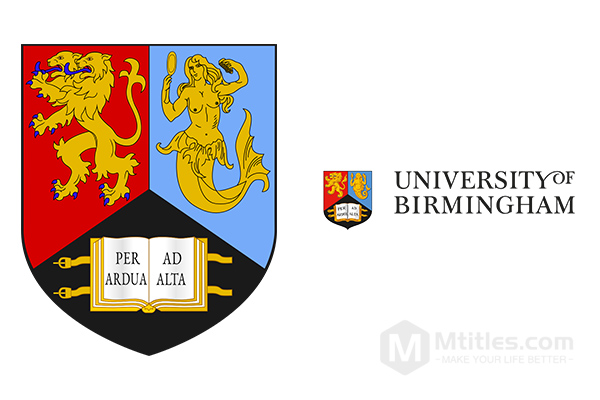50 Global Top Hedge Funds (7)

(26) York Capital Management
Founded in 1991, the company is headquartered in New York, with additional offices in Washington, D.C., Singapore, Moscow, London and Hong Kong. It has $25 billion under management.
The firm uses a multi-strategy, event-driven investment strategy that emphasizes fundamental analysis of industries and companies, with a bottom-up approach to stock selection. . Firms primarily use event-driven strategies to invest in companies that are in the process of mergers, acquisitions or restructuring, and in special situations such as Stocks and bonds that are spin-off or split-up.
(27) King Street Capital Management
Founded in 1995, the firm has $22 billion under management and is headquartered in New York.
The firm invests in global equity and fixed income markets, with an emphasis on distressed companies, stocks, bonds, foreign currencies, options and warrants.
Notably, the firm is arguably the leading distressed debt fund of all time. It manages two of the largest distressed debt funds - King Street Capital Ltd ($ 12.5bn) and King Street Europe ($1.2bn).
(28) Value Act Capital
The company was founded in 2000, has $16 billion under management, and is headquartered in San Francisco.
The company is a very active investor. It works with and brings change to the companies it invests in to increase the value of its stock, as well as to its own benefit. In 2013, it purchased $2 billion of Microsoft stock and later asked Microsoft to either increase the value of its stock. Either add ValueAct to the board. The move became one of the reasons Steve Ballmer later left Microsoft.
The company was initially set up to manage the estates of the founders and a number of other outside investors. The investment strategy combined in-depth due diligence, concentrated investing and active, constructive involvement in the management of the portfolio companies to create the A value creation strategy to maximize returns for all shareholders. There are usually ten to eighteen companies in the portfolio.
(29) Brummer & Partners'
The company was founded in 1995 and is headquartered in Stockholm, Sweden, with approximately $18 billion under management. 1996 the company The first fund Zenit is launched, which is the first hedge fund in Sweden.
The company thus became a pioneer in the Swedish hedge fund industry and paved the way for the entire industry in the country. Since then, the company has gradually become one of the leading hedge funds in Europe. In addition, the company has offices in six countries and employs around 400 people.
The company wanted to build a diversified hedge fund that could achieve economies of scale in terms of infrastructure, risk and client base. Unlike hedge funds in the United States, the firm allows small investors to invest in its funds. The firm, which has a quantitative approach as its main strategy, has the lowest floor of any hedge fund in continental Europe, with a floor of about 1250. USD.
(30) Third Point LLC
Founded in 1995, the firm has $17.5 billion under management and is headquartered in New York. Founder Daniel S. Loeb has 30 years of experience in the financial markets, with a particular emphasis on special situations stocks, distressed Debt and risk arbitrage.
The company utilizes an event-driven, value-oriented investment style. It strives to find occasions where the company's team can find catalysts to unlock value. It invests in companies that are undergoing spin-offs, bankruptcies, or other changes. The overall investment style is flexible and opportunistic.
Since inception, the firm has posted an average annual return of over 25%, and in 2012, most hedge funds failed to beat the U.S. stock market. still earned a net gain of 21.2%. During the year, the company bet on the Greek sovereign debt crisis and worked on a change of guard for Yahoo! Inc.
(31) Paulson & Co.
Founded in 1994, the firm manages about $19.3 billion and employs about 125 people, with headquarters in New York and offices in London and Hong Kong.
The firm specializes in event-driven arbitrage strategies, including merger and acquisition arbitrage, bankruptcy restructuring and distressed credit, structured credit, recapitalization, restructuring etc. The goal is to protect assets, achieve above-average returns over the long term, and maintain low correlation with the market. The company relies on bottom-up fundamental analysis.
When it comes to this company, one has to mention John Alfred Paulson. (Dec. 04, 1955 - ), MBA from Harvard Business School, American investor, billionaire, and now The president of Paulson & Co. who profited from his extensive shorting in the 2008 U.S. subprime mortgage crisis, is known as " Wall Street Gods" and "Hedge Fund Firsts".







